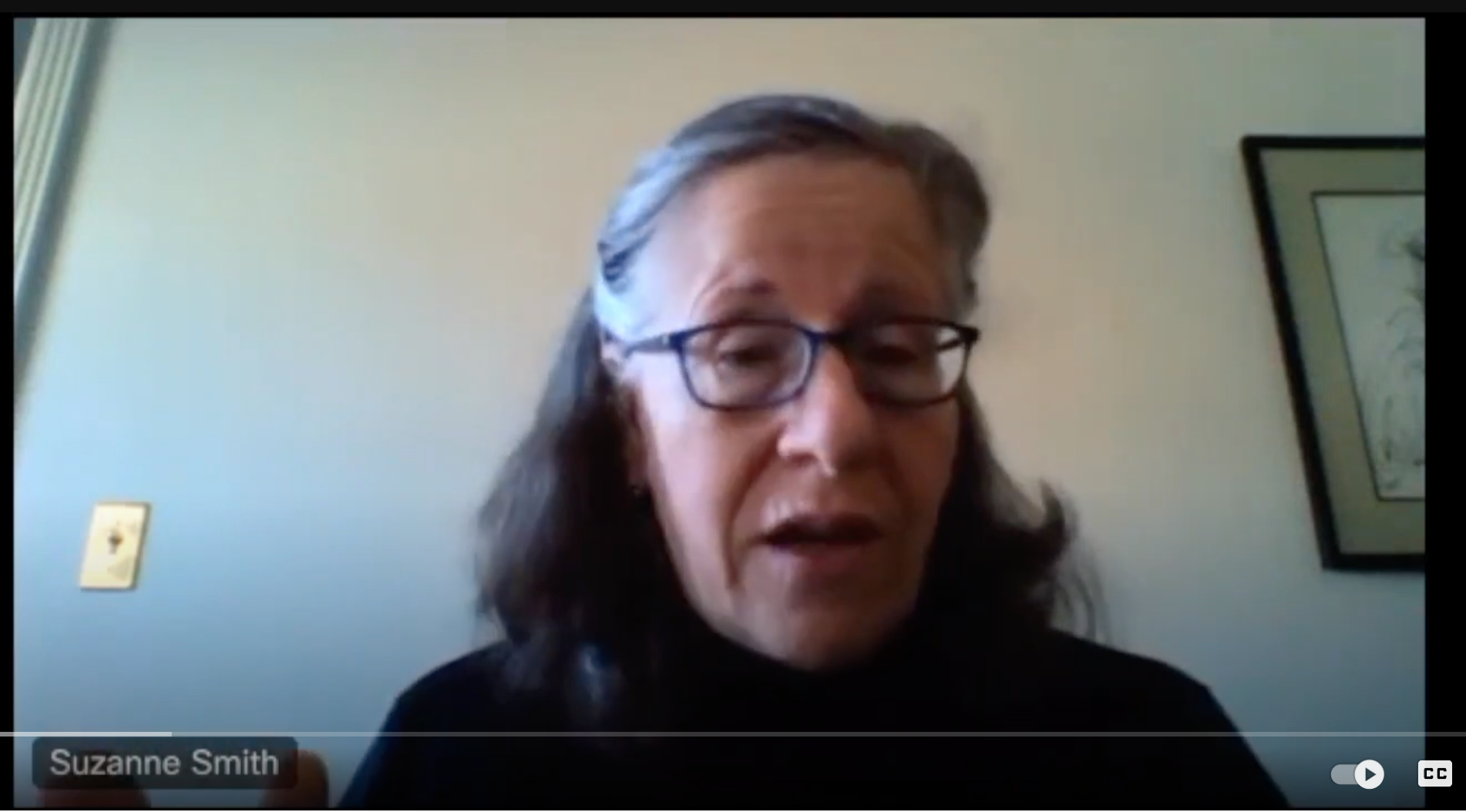Atmospheric Science Lesson 10: Structuring of teams for success
Overview of the content
This lesson will cover the teamwork principles that are necessary to complete a successful field campaign. We wil also focus on conscientiousness (to do one's work/duty well and thoroughly).
Learning objectives
After completing this lesson students will be able to:
- identify common pitfalls that can lead to poor success.
- Describe ways to build team unity.
- Explain how to deal with difficult situations and personalities.
NEW resource (March 2024): Managing Conflict and Dealing with Intense SituationsThe eclipse campaigns are intense situations and might bring up discord. We want to provide some tips to consider having in mind prior to the April eclipse. This resource Includes: what is conflict and where does it come from; styles of conflict; managing conflict; and a difficult conversations worksheet. [This resource is located outside of this lesson on another section of the website.] |
Team Building
Team Building for the Nationwide Eclipse Ballooning Project by Konstantine Geranios, University of Idaho [YouTube video, 13:02, closed captioned]
NOTE: If watching this video with your team, please allot at least 20 minutes for some of the group work that is suggested in the video and outlined below.
Topic included in this video include:
- Building a code of conduct for the team
- What is a ballooning field campaign like? What is each shift like?
- Challenges to prepare for, such as sleep deprivation and inclement weather
- The value of a diverse team
- Trouble-shooting and talking through problems
- Roles for each team member and getting the best out of your team; building relationships
Team member roles
Suzanne Smith, University of Kentucky, shares information about the roles of Atmospheric Science team members. [2:51 on YouTube, closed captioned]
You may also enjoy this short video from the Engineering team, which gives an overview of various roles that ballooning team members may play on and before launch day. Featuring Mike Walach of Montana State University and James Flaten of University of Minnesota. [Closed captioned, 3:25 on YouTube]
More information on engineering team roles is in Lesson 4 of the Engineering Track.
Suggested in-class work
Create a code of conduct
Together, watch the Team Building video above.
- As a group, take 10 minutes to create a code of conduct for any team you want to be part of. Write it down and make sure everyone agrees to all of the terms. Be specific. [Examples are included in the video]
- Watch the rest of the video together and then revise your Code of Conduct for this specific NEBP team.
Problem-solving practice
As a team, practice tackling various problems that may come up [Examples are included in the video]
![]() Don't forget to track today's progress in your portfolio
Don't forget to track today's progress in your portfolio
Will you take a few minutes to give us some feedback on this lesson? Thank you!
Course home page // Next lesson >>

